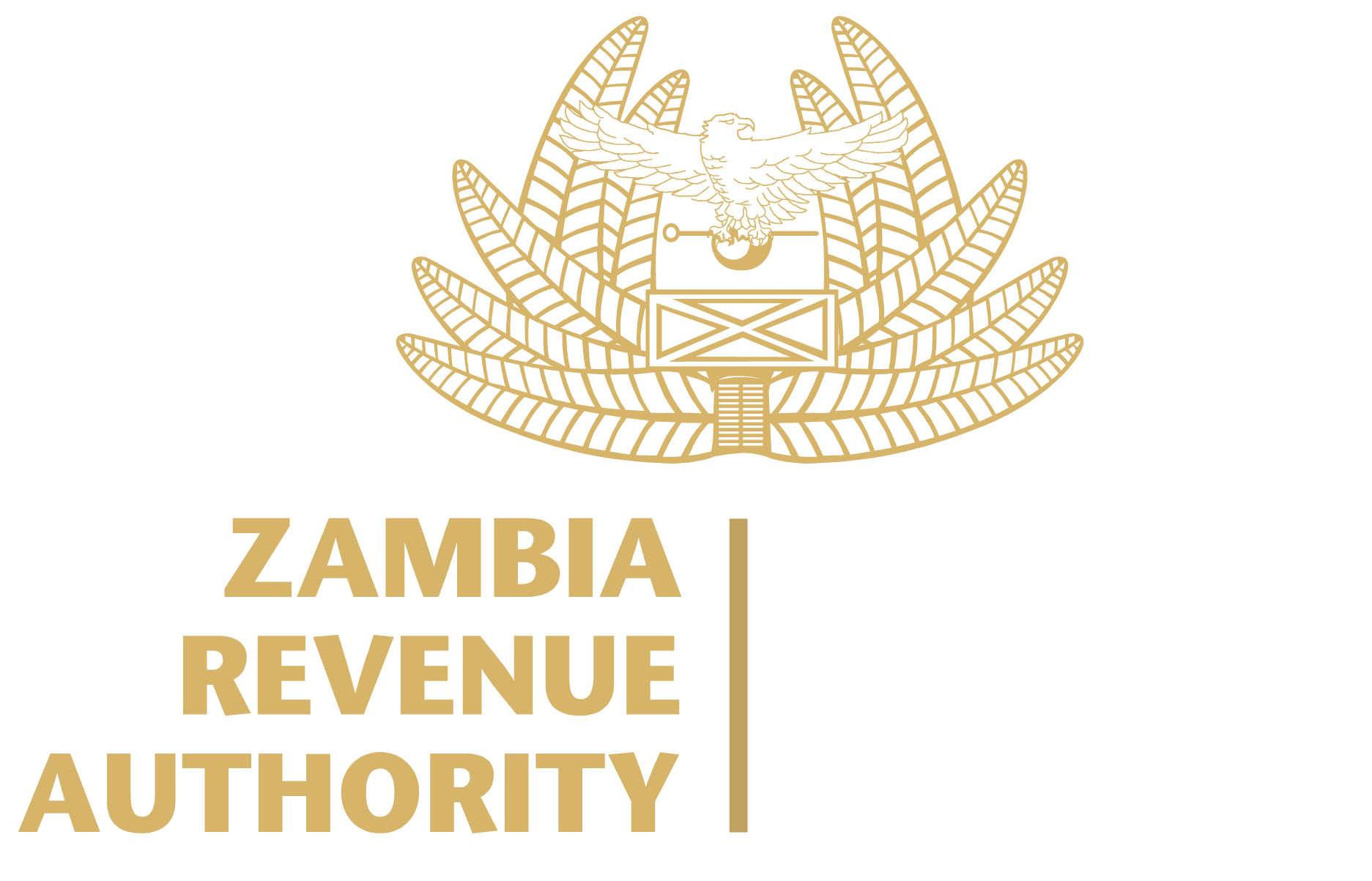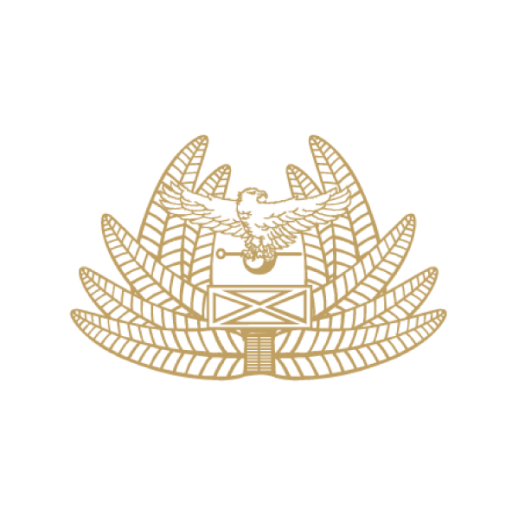Vision
A world class model of excellence in revenue administration and trade facilitation.
Mission Statement
To optimize and sustain revenue collection and administration for a prosperous Zambia.
Values
Our commitment to serving Government, taxpayers, employees and other stakeholders is reflected in our Corporate Values:
- Taxpayer focus
- Integrity
- Professionalism
- Innovation
- Networking
Our History
In the context of declining Government revenues from a peak of around 30 percent of GDP in the late 1970s to just 13 percent of GDP from tax collections in the early 1990s, the Zambian Government launched a tax reform programme in 1992. In addition to various tax policy initiatives, this reform programme included a major overhaul of revenue administration through the establishment the Zambia Revenue Authority (ZRA), on April 1, 1994, as a semi-autonomous agency under the Zambia Revenue Authority Act, now Chapter 321 of the Laws of Zambia. That culminated in the former Departments of Income Tax and Customs and Excise of the then Ministry of Finance being brought together under the revenue authority.
Consequently, at inception, ZRA had two operating divisions named as the Direct Taxes Division, and the Customs and Excise Division. A third operating division called the Value Added Tax (VAT) Division was later created to prepare for the introduction of VAT that replaced Sales Tax. The VAT Division became operational following the enactment of the Value Added Tax Act in July 1995. This important development along with policy measures on income tax rates and customs tariff reform, as well as the introduction of VAT saw the contribution from tax collections rise to more than 18 percent of GDP.
Zambia was the second country in Africa to adopt the semi-autonomous model of a Revenue Authority in 1994 following Uganda that established one in 1992. While Ghana introduced separate Tax and Customs Authorities and Boards in the late 1980s, Uganda in 1992, and then Zambia in 1994 were the first to bring both customs and domestic tax administration under one semi-autonomous institution.
Ten other African countries and more elsewhere have followed this trend. A key driver for this type of reform was to remove the tax and customs administrations from the constraints of normal civil service rules, thus allowing for the hiring and remuneration of staff on a more competitive and market basis and use of modern management methods, leading to a more professional institution that would be more effective in collecting taxes.
The Zambia Revenue Authority Act was thus established as a body corporate and an agency of Government under the direction of the Minister of Finance. The Commissioner General who is appointed by the President, is the chief executive of the ZRA, and is responsible for the execution of functions as directed by the Board.
The Governing Board oversees the organization and administration of the Authority and management of its resources, services, property, personnel and develops the corporate strategic plan and such other administrative policies as are necessary for the smooth running of the Authority. Membership of the Governing Board includes the Secretary to the Treasury; the Permanent Secretary to the Ministry responsible for legal affairs; the Governor of the Bank of Zambia; a representative of the Law Association of Zambia; a representative each from the Zambia Association of Chambers of Commerce and Industry, the Zambia Institute of Certified Accountants, and the Bankers’ Association of Zambia; and two other members appointed by the Minister of Finance. The Governing Board elects a chairman and vice-chairman from its membership. The first Chairman of the ZRA Governing Board was Mr. Patrick Chiumya.
The Department of International Development (DFID) of the United Kingdom was instrumental in assisting in the operationalization of the Zambia Revenue Authority by among other things sourcing through international competitive advertisements, experts to run the organisation. Consequently, the first and second Commissioner Generals of the Authority, that is, Mr Jim Scott and Mr Kelvin Donovan were from Britain and New Zealand respectively.
Four years later, in 1998, some Zambians were appointed as Commissioners and exactly 8 years after the creation of Zambia Revenue Authority, the third President of the Republic of Zambia, the late Dr. Levy Patrick Mwanawasa SC appointed Mr Berlin Msiska as the first Zambian Commissioner General. This marked the end of the reign of expatriates running the organisation.
While ZRA has been a success story, there is still need to leverage past achievements for even further improvement. The environment, in which ZRA operates, both domestically and internationally has changed and keeps changing. While economic development and macroeconomic stability is stronger, tax collections which peaked in terms of GDP several years ago have been declining. Equally, international trade has grown, but with a lower contribution to revenues due to expanding free trade agreements. As such, a review and possible overhaul of tax policies became imminent.
Given these circumstances, in 2006, the Government of the Republic of Zambia, invited the International Monetary Fund (IMF) to undertake a diagnostic study of the Authority. The findings of the diagnostic study recommended the implementation of tax administration reforms later known as modernization reforms premised on three pillars that included the integration of the fragmented elements of tax administration within a single, functionally organized Domestic Taxes Division falling under a single Commissioner; the creation of a functionally structured headquarters to design and monitor all operational activities; and the reorganization of field offices on the basis of taxpayer segments, with separate functionally-organized offices focused on large, medium, and small taxpayers respectively. These reforms saw the merger of the Direct Taxes Division and VAT Division to create a single Domestic Taxes Division. ZRA therefore now has two operating divisions, namely the Domestic Taxes Division and the Customs Services Division. Each of these divisions is headed by a Commissioner.
Looking forward, the initiatives to modernize revenue administration will result in the following: improved compliance with tax, customs, and trade laws; increased revenue; provision of better services to taxpayers and traders to reduce their compliance burden; improved staff skills, productivity, and integrity; improving the effectiveness of facilitating legitimate trade; improved usage of information technology in tax administration and reducing the overall costs of revenue administration.

